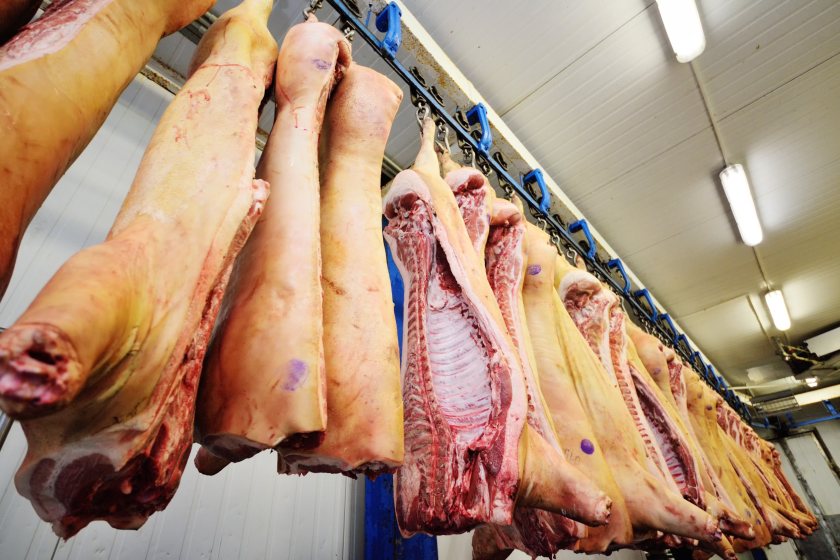Legal challenge filed over FSA's meat inspection charge hike

A legal challenge has been filed in the High Court over the Food Standards Agency’s (FSA) controversial rise in meat inspection charges introduced in April.
The move by the Association of Independent Meat Suppliers (AIMS) follows widespread concern among meat processors over the rise in official control and enforcement fees in plants.
Before the fee increases were rolled out, the body warned that the FSA's removal of the previous discount regime would devastate the UK's meat sector.
Official veterinarians and meat hygiene inspectors inspect every animal and carcase to ensure regulations are complied with and that the meat is fit for human consumption.
AIMS, which represents abattoirs and meat processors, also claims the new fees include unlawful charges and costs for trainee vets who require supervision.
“Put simply, the industry is being charged ever higher rates by the FSA for fully qualified Official Veterinarians (OVs) when, in many cases, their needs [are] delivered by not fully qualified OVs,” explained AIMS’ veterinary director, Peter Hewson.
He said that abattoirs — most of which are AIMS members — will soon receive invoices covering the first month of the new rate system and predicted strong reactions from operators.
“We expect many to be shocked by their increase in charges. Nevertheless, our advice is that invoices should be paid pending the challenge, which is intended to recover unlawful charges made over the last six years,” he added.
James Cooper, FSA deputy director of food policy, explained to Pig World the reasons behind the increases.
“Over the years, the FSA has been able to offer discounts to the meat industry because of the value this work provides for the taxpayer," he said.
"Many businesses don’t pay the full rate, with small abattoirs paying the least for these essential official controls.
“Our charge rates for the meat industry though are set to rise. Inflation, which is being felt across all sectors, must inevitably be reflected in the cost of these official controls.
"The costs of recruiting and retaining vets have also increased as we grapple with a global shortage of vets. We have also been moving towards reducing these discounts to align with HM Treasury rules.”








